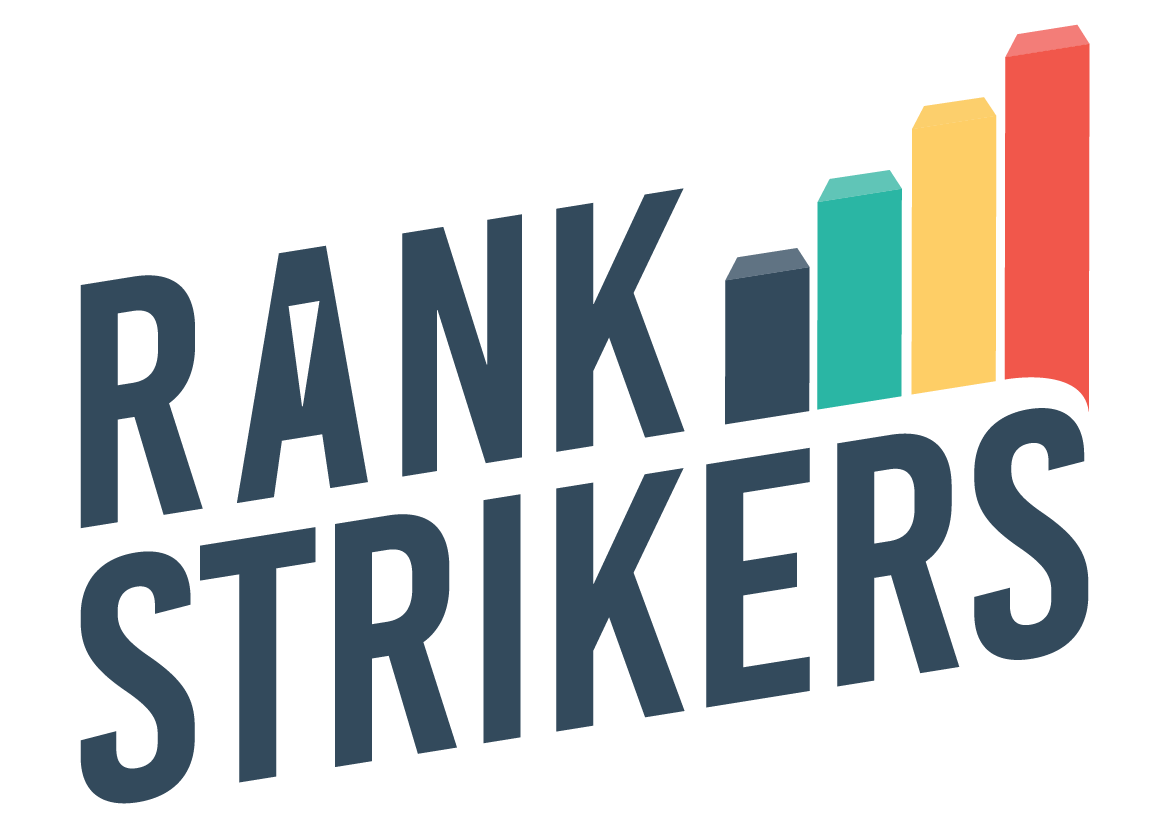How Do I Improve My Website's SEO? A Simple Guide for Business Owners
If you’ve ever wondered, “How do I improve my website’s SEO?”, you’re not alone. With millions of websites competing for attention, getting your site to rank on Google can feel overwhelming. But don’t worry—I’ve got you covered. In this guide, I’ll break down SEO (Search Engine Optimization) into easy, actionable steps that anyone can follow, no matter your experience level.
1. Start with the Basics: Is Your Website SEO-Friendly?
Before you dive into advanced tactics, let’s make sure your website is SEO-friendly. Ask yourself:
✅ Is my website fast and mobile-friendly? (Use Google’s PageSpeed Insights to check!)
✅ Does my website have a clear structure with easy navigation?
✅ Is my content well-organized, with headings (H1, H2, H3) that make sense?
If your website is slow, hard to navigate, or looks outdated, fixing these basic issues should be your first step.
2. Do Keyword Research: Find What Your Customers Are Searching For
SEO starts with understanding what your audience is searching for. You don’t need fancy tools—just use Google’s autocomplete or People Also Ask sections to find common questions. For more in-depth research, try free tools like Google Keyword Planner or Ubersuggest.
Pro Tip:
Look for long-tail keywords (phrases with 3+ words). They are less competitive and more specific, meaning they attract visitors who are ready to take action.
Example: Instead of “best running shoes,” go for “best running shoes for beginners 2025”.
3. Optimize Your On-Page SEO (The Stuff Google Reads on Your Pages)
Once you have your keywords, it’s time to optimize your website’s content. Here’s how:
Title Tags & Meta Descriptions: Make them compelling and include your keyword.
Headings (H1, H2, etc.): Use them properly—H1 for the main title, H2 for sections.
Image Optimization: Use descriptive file names and ALT text so Google understands your images.
Internal Links: Link to other useful pages on your site to keep visitors engaged.
4. Create High-Quality, Engaging Content
Google loves fresh, valuable content. The more helpful your content, the better your chances of ranking.
Best Practices:
✅ Write for people first, not just search engines
✅ Answer common customer questions in blog posts
✅ Keep content original, well-researched, and easy to read
✅ Use bullet points, short paragraphs, and images to improve readability
✅ Update old blog posts with fresh data and insights
5. Improve Your Website’s Speed and Mobile Experience
Did you know that 53% of users leave a site that takes more than 3 seconds to load? That’s a lot of lost traffic!
Quick Fixes:
⚡ Use a fast web hosting service
⚡ Compress images before uploading them
⚡ Minimize unnecessary plugins (for WordPress users)
⚡ Use a Content Delivery Network (CDN) for faster loading
6. Get Backlinks (But The Right Way!)
Backlinks—links from other websites to yours—are a huge ranking factor in SEO. The more high-quality websites link to yours, the more Google sees you as trustworthy.
How to Get Backlinks:
Write guest posts on industry blogs.
Get listed in local business directories.
Create shareable content (like infographics or guides).
Network with other website owners and bloggers in your niche.
7. Optimize for Local SEO (If You Have a Physical Business)
If you run a local business, getting found on Google Maps and local search results is crucial.
Local SEO Tips:
📍 Claim and optimize your Google My Business listing.
📍 Use location-based keywords (e.g., “best plumber in London”).
📍 Get reviews from happy customers—they help build trust!
📍 Make sure your business name, address, and phone number (NAP) are consistent everywhere online.
8. Track Your Progress and Improve Continuously
SEO isn’t a one-time task—it’s an ongoing process. Use free tools like:
📊 Google Search Console – See how your site performs in search results.
📊 Google Analytics – Track website traffic and user behavior.
📊 Ahrefs (free version) or Ubersuggest – Monitor backlinks and keyword rankings.
Final Thoughts: Be Patient & Keep Improving!
SEO takes time, but the results are long-term and totally worth it. Even small changes can have a big impact on your website’s ranking and traffic over time.
If you’re feeling stuck or need expert help, I offer free SEO audits to show you exactly where you can improve. Click here to book your session! 🚀
Got questions? Drop them in the comments—I’d love to help! 😊
Written by:


